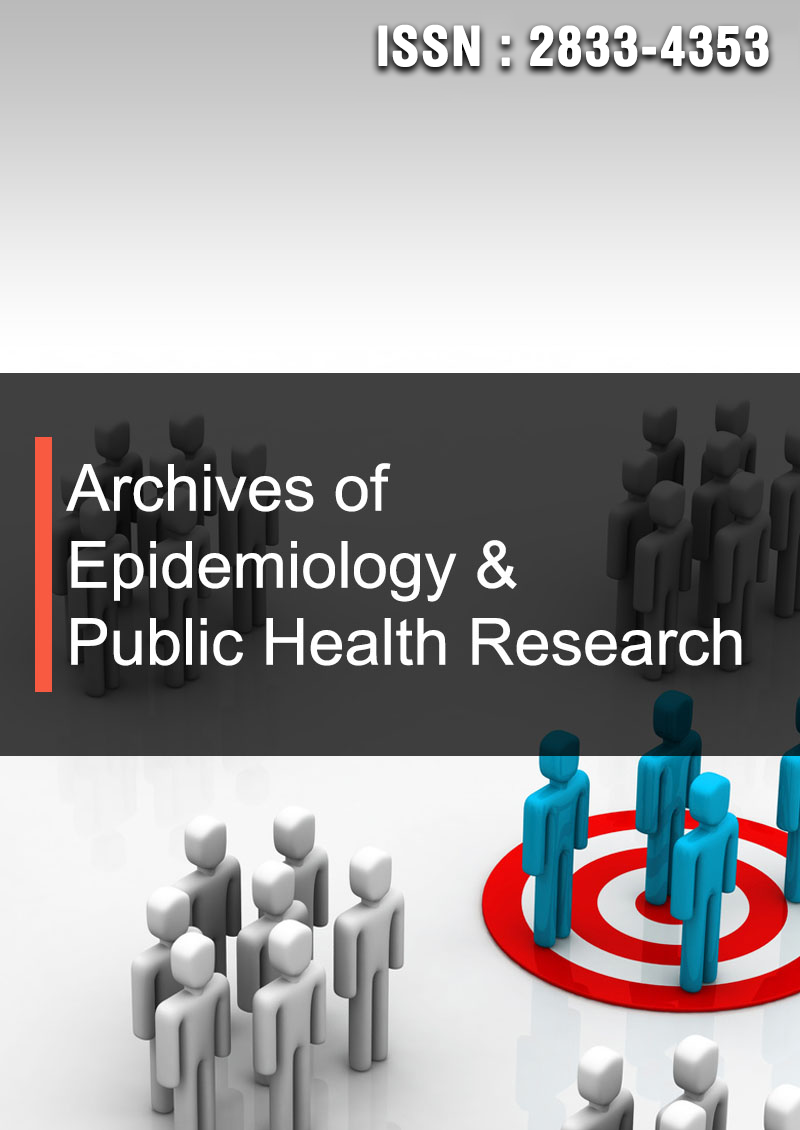The Soul of Medicine: Can Holistic Physicians Survive a Technocratic System?
Abstract
Dasaad Mulijono
Modern medicine, driven by technological advancements, rigorous institutional credentialing, and evidence-based protocols, predominantly cultivates the archetype of Doctor A—a technocratic physician characterized by technical expertise, procedural proficiency, institutional alignment, and societal recognition. In contrast, Doctor B—a holistic physician—represents a distinctly different, often self-made archetype marked by intrinsic spiritual grounding, empathetic presence, holistic patient care, and lifestyle-oriented interventions. Although systemic incentives overwhelmingly favour and reward Doctor A, patient communities frequently express deeper trust, satisfaction, and therapeutic relationships with Doctor B. At Bethsaida Hospital in Indonesia, under the leadership of Prof. Dasaad Mulijono, integrating Doctor B’s compassionate and holistic approach with advanced evidence-based medical interventions, such as Drug-Coated Balloon (DCB) angioplasty combined with a Whole-Food Plant-Based Diet (WFPBD), has yielded transformative clinical outcomes. These include significantly reduced restenosis rates, superior metabolic control, decreased medication dependency, and enhanced overall patient well-being. Furthermore, Bethsaida Hospital leads nationally by incorporating artificial intelligence (AI) into WFPBD practice, becoming Indonesia's first healthcare institution to adopt this innovative approach. This article critically examines the systemic forces contributing to Doctor A's dominance, explores the patient-driven preference for Doctor B, evaluates the clinical and societal consequences of this imbalance, and proposes actionable solutions aimed at reintegrating compassion, spiritual intelligence, and holistic care into contemporary medical practice, addressing the ongoing patient demand for authentically empathetic and spiritually grounded physicians.



